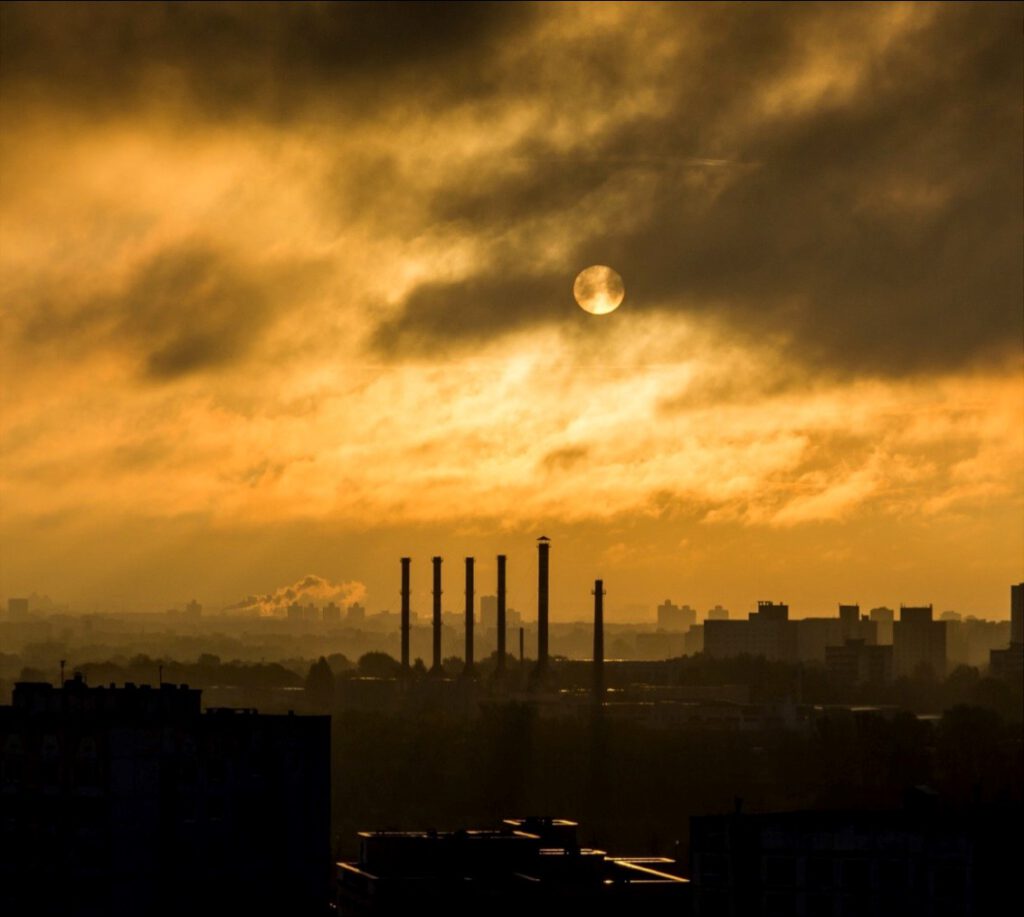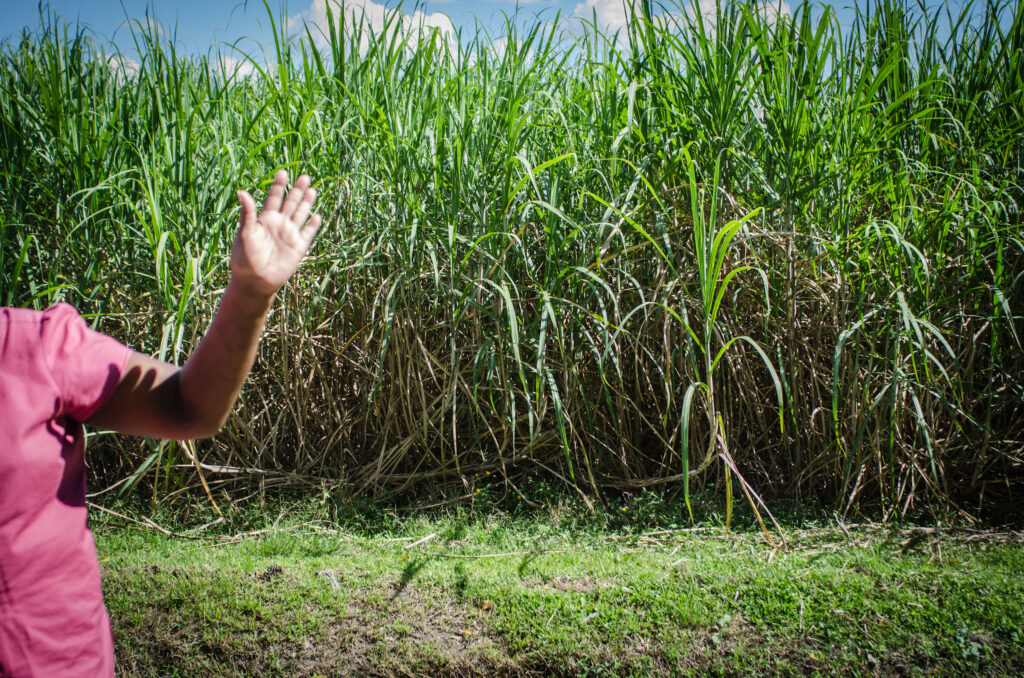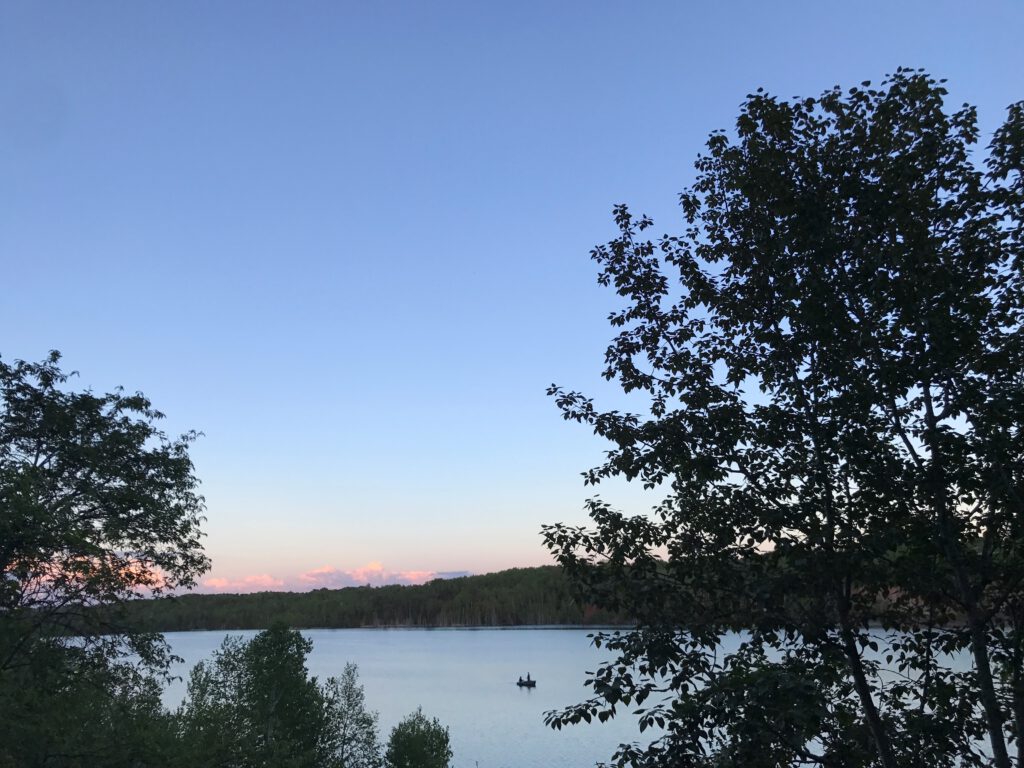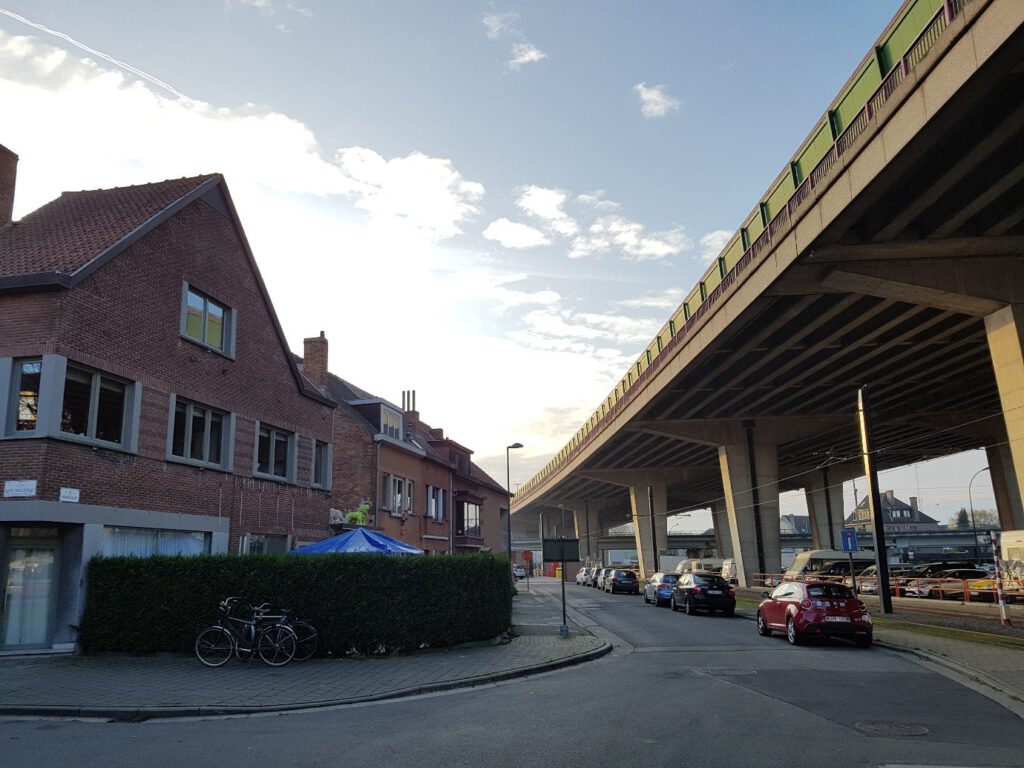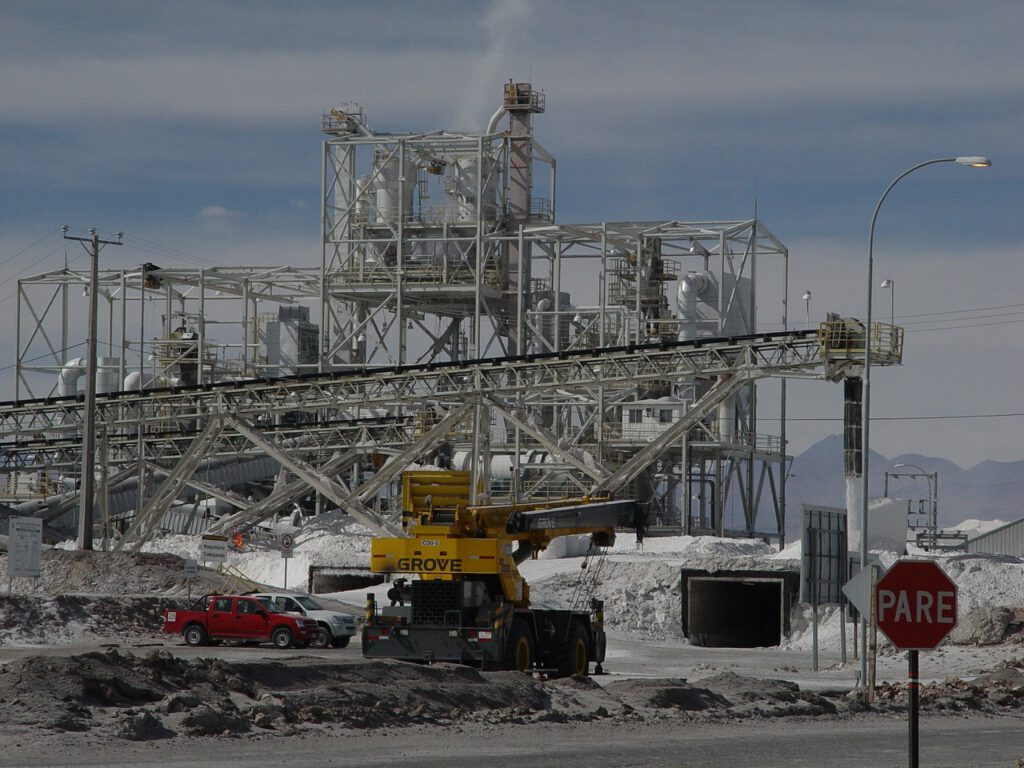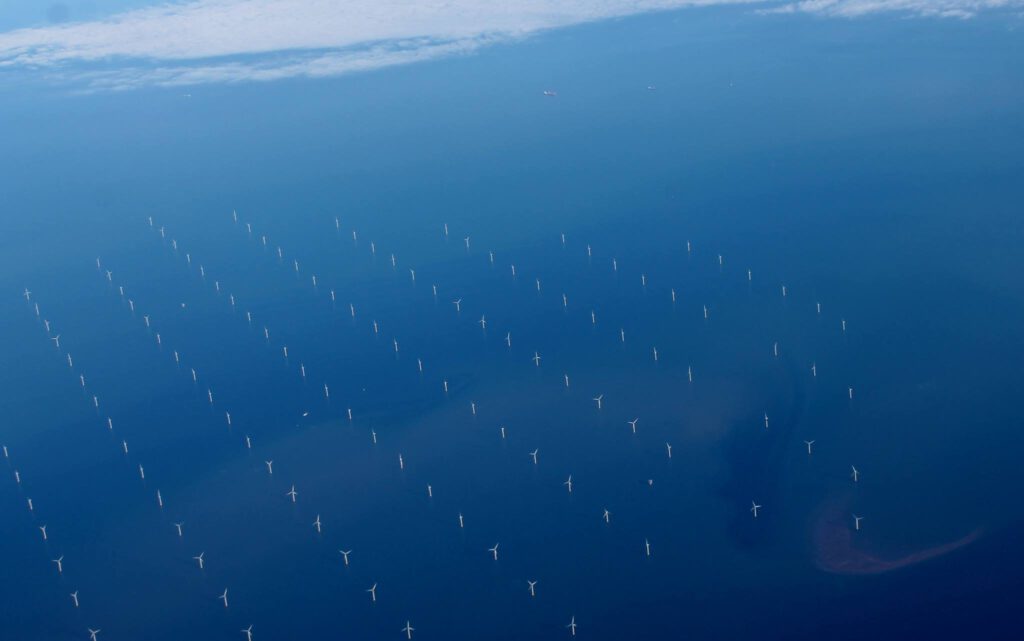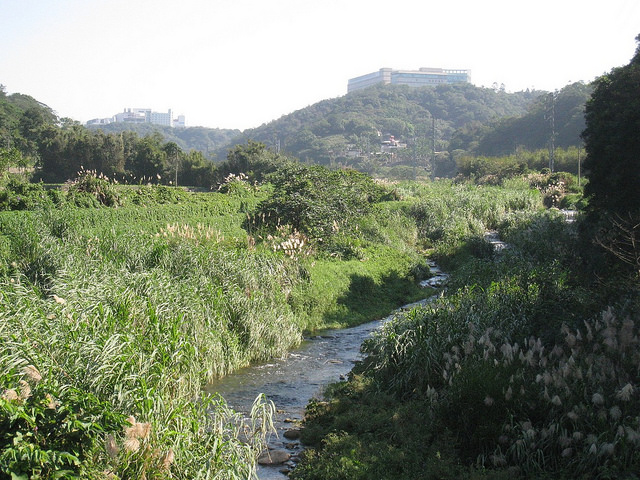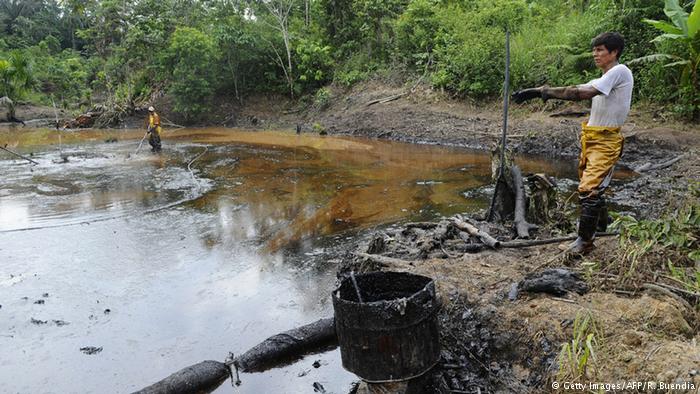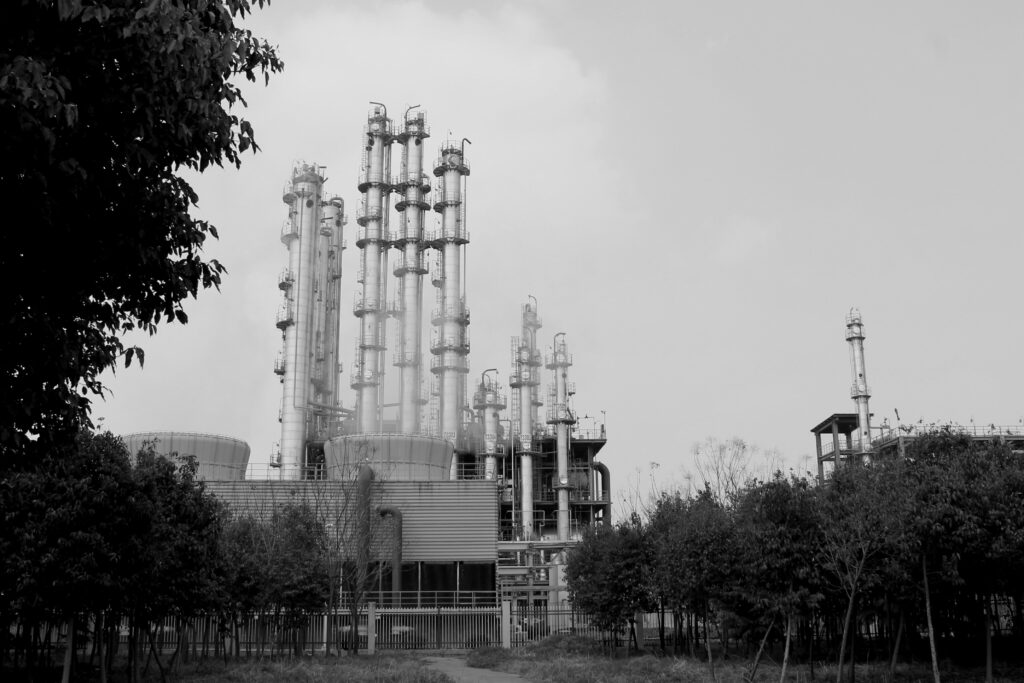Editorial: Pollution and Translation
Alice Mah, Department of Sociology, University of Warwick I have been thinking about the importance of translation during the Environmental Justice: Looking Back, Looking Forward conference in Sydney, Australia, 6-8 November 2017. This exciting interdisciplinary conference marks the 20th anniversary of the first environmental justice conference in Australia, held at the University of Melbourne in […]
